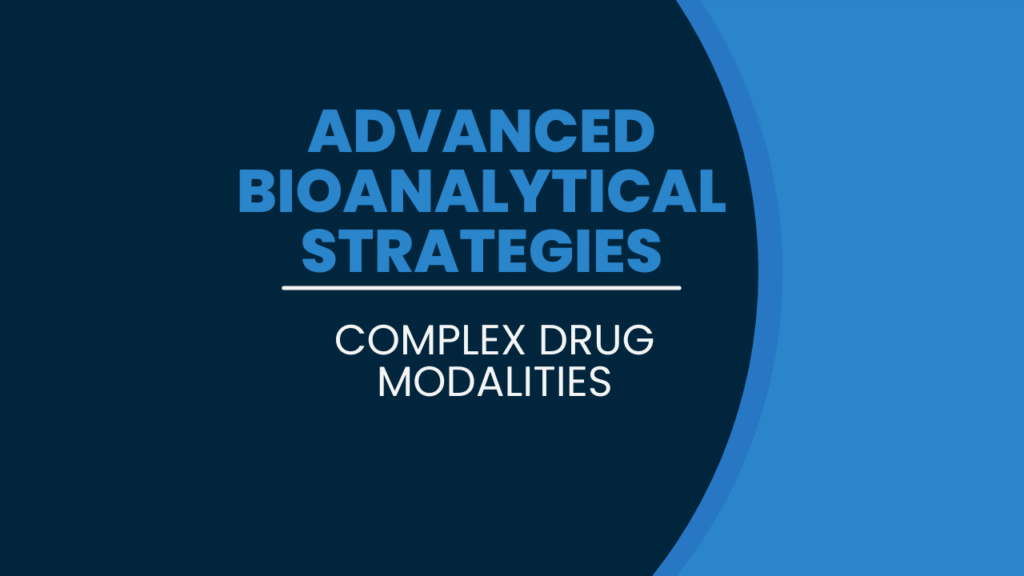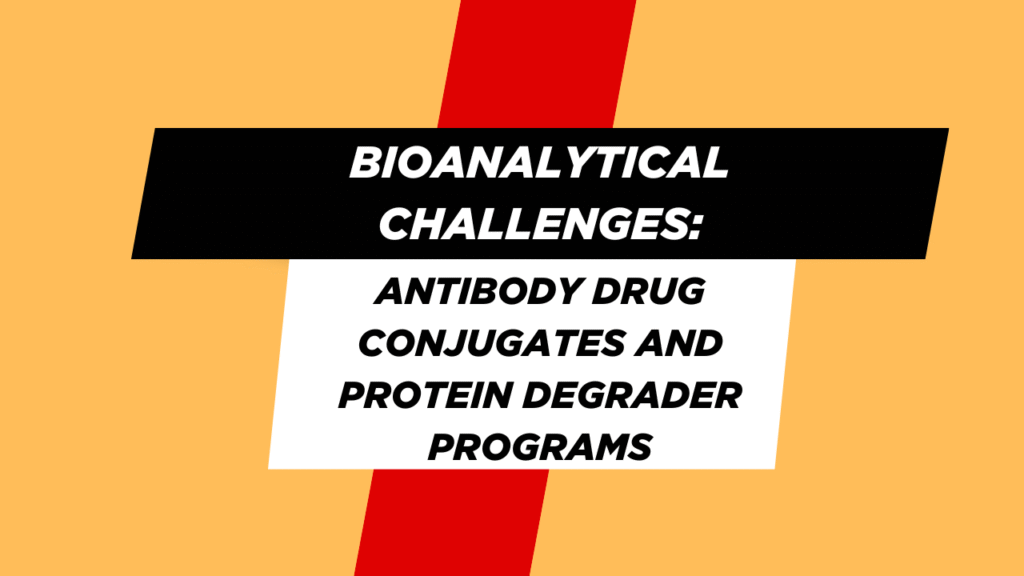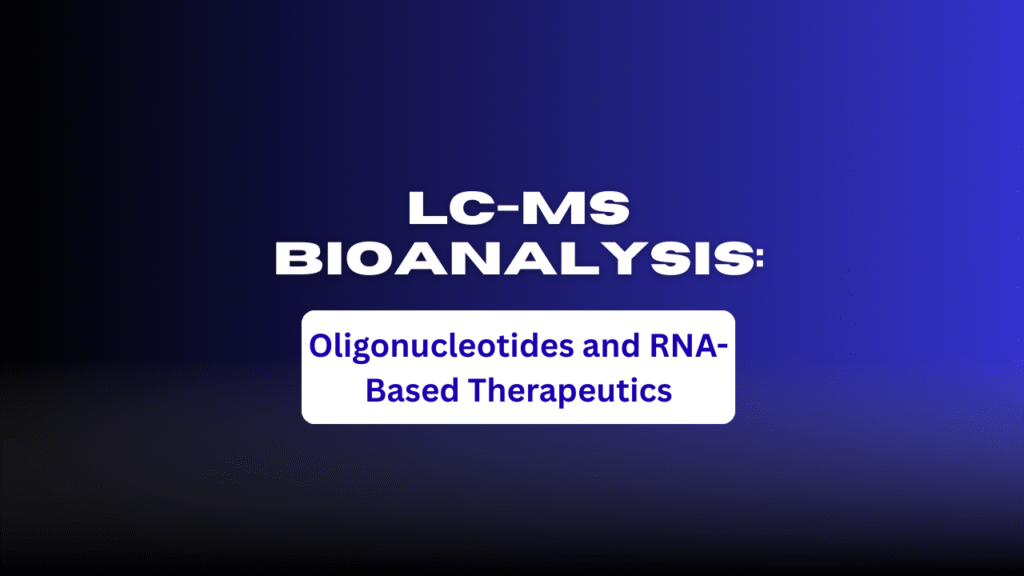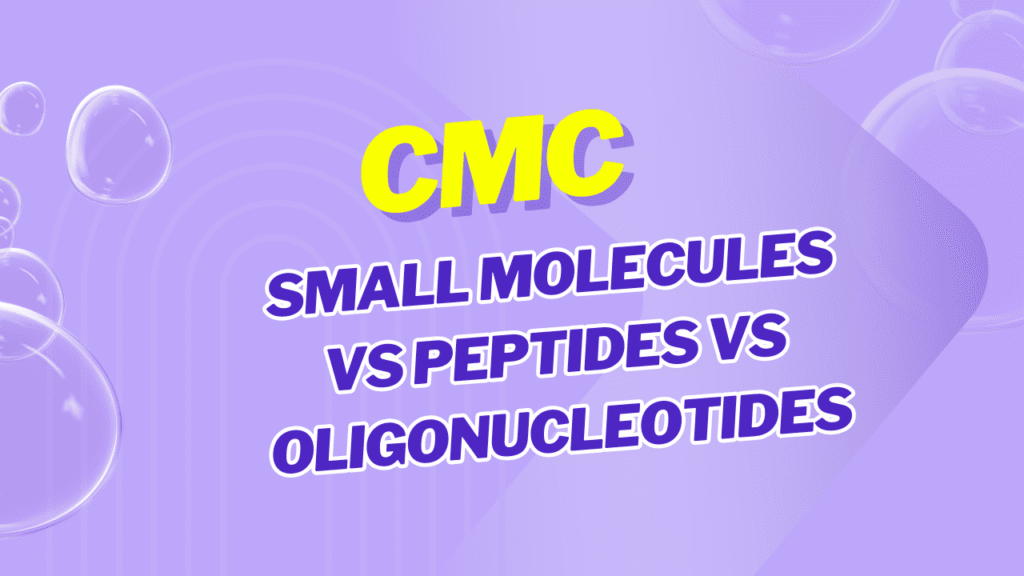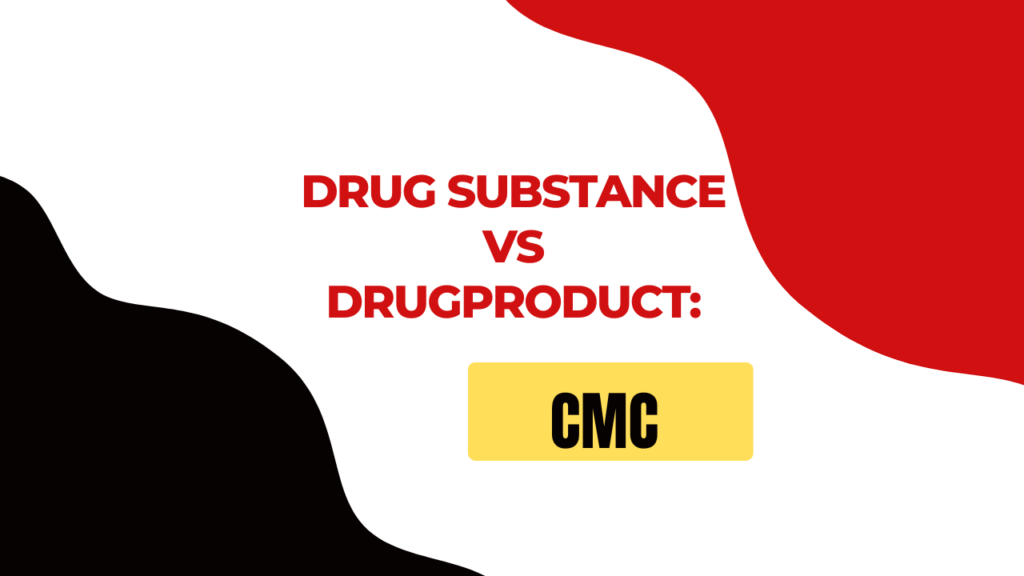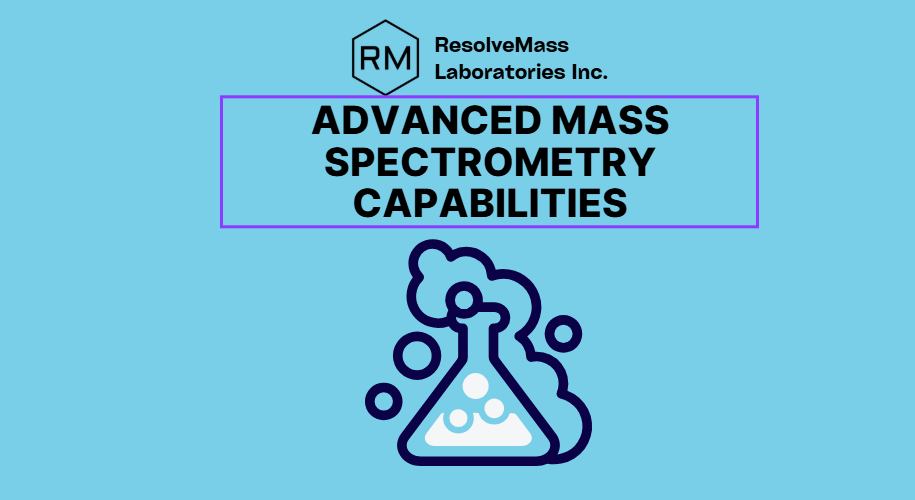
Introduction
The development and submission of generic drugs to the U.S. Food and Drug Administration (USFDA) involves stringent regulatory requirements to ensure safety, efficacy, and quality. One critical aspect of this process is impurity profiling and characterization. Impurities in pharmaceuticals can arise from various sources, including raw materials, synthesis processes, and degradation products. These impurities must be identified, quantified, and controlled to meet USFDA guidelines. Resolvemass Laboratories, a leading Contract Research Organization (CRO) specializing in custom synthesis and analytical services, offers comprehensive impurity profiling and characterization services to support generic drug submissions, ensuring compliance and facilitating approval.
Understanding Impurity Profiling and Characterization
Impurity profiling involves the identification, quantification, and control of impurities present in a pharmaceutical product. This process is essential for ensuring the safety and efficacy of the drug. The USFDA has established guidelines for impurity profiling, including requirements for reporting, identifying, and qualifying impurities.
Types of Impurities
- Organic Impurities: These can arise during the synthesis of the drug substance and may include starting materials, intermediates, and by-products.
- Inorganic Impurities: These are often residual catalysts, reagents, or salts used in the manufacturing process.
- Residual Solvents: Organic solvents used in the synthesis process must be controlled to acceptable levels.
- Degradation Products: Impurities formed due to the degradation of the drug substance or product over time.
Regulatory Requirements
The USFDA’s guidelines for impurity profiling in generic drugs are detailed in documents such as ICH Q3A (R2) for drug substances and ICH Q3B (R2) for drug products. Key requirements include:
- Reporting Thresholds: Impurities must be reported if they are present above a certain threshold, typically 0.1% for drug substances and 0.2% for drug products.
- Identification Thresholds: Impurities above a specified level must be identified. This is usually 0.1% for drug substances and drug products.
- Qualification Thresholds: Impurities present above the qualification threshold must be evaluated for safety. This involves toxicological studies to determine their impact on human health.
Advanced Analytical Techniques for Impurity Profiling
At Resolvemass Laboratories, we employ state-of-the-art analytical techniques to provide comprehensive impurity profiling and characterization services. Our expertise in analytical chemistry and advanced instrumentation ensures accurate and reliable results.
Chromatography is a cornerstone of impurity profiling, enabling the separation and quantification of impurities in complex mixtures.
- High-Performance Liquid Chromatography (HPLC): HPLC is widely used for separating and quantifying organic impurities, including degradation products. Our advanced HPLC systems offer high resolution and sensitivity, ensuring precise impurity profiling.
- Gas Chromatography (GC): GC is used for volatile and semi-volatile impurities, including residual solvents. Coupled with mass spectrometry (GC-MS), this technique provides high sensitivity and specificity for impurity identification.
Spectroscopy techniques are essential for the structural elucidation and identification of impurities.
- Mass Spectrometry (MS): MS is a powerful tool for identifying and quantifying impurities with high sensitivity and specificity. Techniques such as Liquid Chromatography-Mass Spectrometry (LC-MS) and GC-MS are routinely used for impurity profiling.
- Nuclear Magnetic Resonance (NMR) Spectroscopy: NMR provides detailed structural information about impurities, aiding in their identification and characterization.
- Fourier-Transform Infrared (FTIR) Spectroscopy: FTIR is used to identify functional groups in impurities, complementing other spectroscopic techniques.
Hyphenated techniques combine chromatography and spectroscopy to provide comprehensive impurity profiling.
- LC-MS/MS: Liquid Chromatography coupled with tandem Mass Spectrometry (LC-MS/MS) offers high sensitivity and selectivity for detecting and quantifying impurities, particularly in complex matrices.
- GC-MS/MS: Gas Chromatography coupled with tandem Mass Spectrometry (GC-MS/MS) is ideal for volatile and semi-volatile impurities, providing high-resolution separation and accurate mass identification.
Our Comprehensive Impurity Profiling Services
Resolvemass Laboratories offers a full suite of impurity profiling and characterization services tailored to the requirements of generic drug submissions to the USFDA. Our services include:
1. Method Development and Validation
We develop and validate robust analytical methods for impurity profiling, ensuring compliance with USFDA guidelines. Our method validation process includes:
- Accuracy and Precision: Ensuring that the method produces reliable and reproducible results.
- Sensitivity and Specificity: Demonstrating the method’s ability to detect and quantify impurities at the required levels.
- Linearity and Range: Establishing the method’s ability to produce accurate results over a specified concentration range.
- Robustness: Assessing the method’s reliability under varying conditions.
We perform routine impurity testing for drug substances and drug products, providing detailed reports on the levels of impurities present. Our testing services include:
- Identification and Quantification: Identifying and quantifying impurities using advanced analytical techniques.
- Comparative Profiling: Comparing impurity profiles of generic drugs with their reference listed drugs (RLDs) to ensure bioequivalence.
- Stability Testing: Monitoring impurities over the shelf life of the product to assess its stability and compliance with regulatory standards.
3. Impurity Isolation and Characterization
For impurities that require further characterization, we offer isolation and structural elucidation services. This includes:
- Isolation: Using preparative chromatography to isolate impurities from the bulk drug substance or product.
- Structural Elucidation: Employing spectroscopic techniques such as NMR, MS, and FTIR to determine the chemical structure of impurities.
4. Regulatory Support and Documentation
We provide comprehensive support for regulatory submissions, including:
- Impurity Documentation: Preparing detailed reports and documentation on impurity profiling, including method validation data and impurity identification results.
- Regulatory Consultation: Offering expert guidance on USFDA requirements and strategies for impurity control and reporting.
Case Study:impurity-profiling-and-characterization-for-generic-project
A pharmaceutical company approached Resolvemass Laboratories for impurity profiling services for their generic drug submission to the USFDA. The project involved:
Challenges
- Complex Formulation: The generic drug had a complex formulation, requiring advanced analytical techniques for impurity profiling.
- Low-Level Impurities: The presence of low-level impurities necessitated highly sensitive and specific analytical methods.
- Regulatory Compliance: The company needed to ensure compliance with USFDA guidelines for impurity reporting, identification, and qualification.
Solution
- Method Development and Validation: We developed and validated a robust HPLC method for impurity profiling, ensuring high sensitivity and specificity.
- Advanced Analytical Techniques: We employed LC-MS/MS and NMR spectroscopy for the identification and quantification of impurities, including trace-level degradation products.
- Comprehensive Reporting: We provided the client with detailed reports and regulatory documentation, including impurity profiles, method validation data, and safety assessments.
Outcome
The successful impurity profiling enabled the pharmaceutical company to meet USFDA requirements and submit a complete and compliant regulatory dossier. Our comprehensive testing and regulatory support facilitated the approval process, ensuring the timely market entry of the generic drug.
Conclusion
Impurity profiling and characterization are critical for ensuring the safety, efficacy, and quality of generic drugs. At Resolvemass Laboratories, we offer advanced impurity profiling services that meet stringent USFDA guidelines, supporting successful generic drug submissions. Our commitment to quality, precision, and regulatory compliance makes us a trusted partner for pharmaceutical companies seeking to navigate the complex regulatory landscape and bring high-quality generic drugs to market.
REFRENCES
- Chokshi H, Schostack K, Steinbach R. Pharmaceutical Analysis Documentation. InSeparation Science and Technology 2011 Jan 1 (Vol. 10, pp. 527-561). Academic Press.
- Ahuja S. Overview: isolation and characterization of impurities. Separation Science and Technology. 2004 Jan 1;5:1-25.
- Kruhlak NL, Contrera JF, Benz RD, Matthews EJ. Progress in QSAR toxicity screening of pharmaceutical impurities and other FDA regulated products. Advanced drug delivery reviews. 2007 Jan 10;59(1):43-55.
GET IN TOUCH WITH US
For more information about our impurity profiling and characterization services and how we can assist with your generic drug submission to the USFDA, please Resolvemass laboratories
Advanced Bioanalytical Strategies for Complex Drug Modalities
Introduction Advanced Bioanalytical Strategies have become a critical enabler in modern drug development as pharmaceutical…
Bioanalytical Challenges in Antibody Drug Conjugates and Protein Degrader Programs
Introduction The biopharmaceutical landscape has witnessed remarkable innovation, with Antibody Drug Conjugate bioanalytical services becoming…
LC-MS Bioanalysis for Oligonucleotides and RNA-Based Therapeutics
Introduction LC-MS bioanalysis for oligonucleotides has emerged as the cornerstone analytical technique supporting the rapid…
Chemistry, Manufacturing, and Controls (CMC) Services for Small Molecules vs Peptides vs Oligonucleotides
Summary: Key Takeaways at a Glance CMC Services for Peptides require specialized analytical, manufacturing, and…
Drug Substance vs Drug Product Chemistry, Manufacturing, and Controls (CMC) : IND and NDA Perspectives
✅ Summary: Drug Substance vs Drug Product CMC – IND and NDA Perspectives CMC for…
Scaling Bioanalytical Support Without Capital Investment in LC-MS Labs
Introduction Scaling bioanalytical capabilities has traditionally meant heavy capital investment in LC-MS labs, specialized personnel,…
